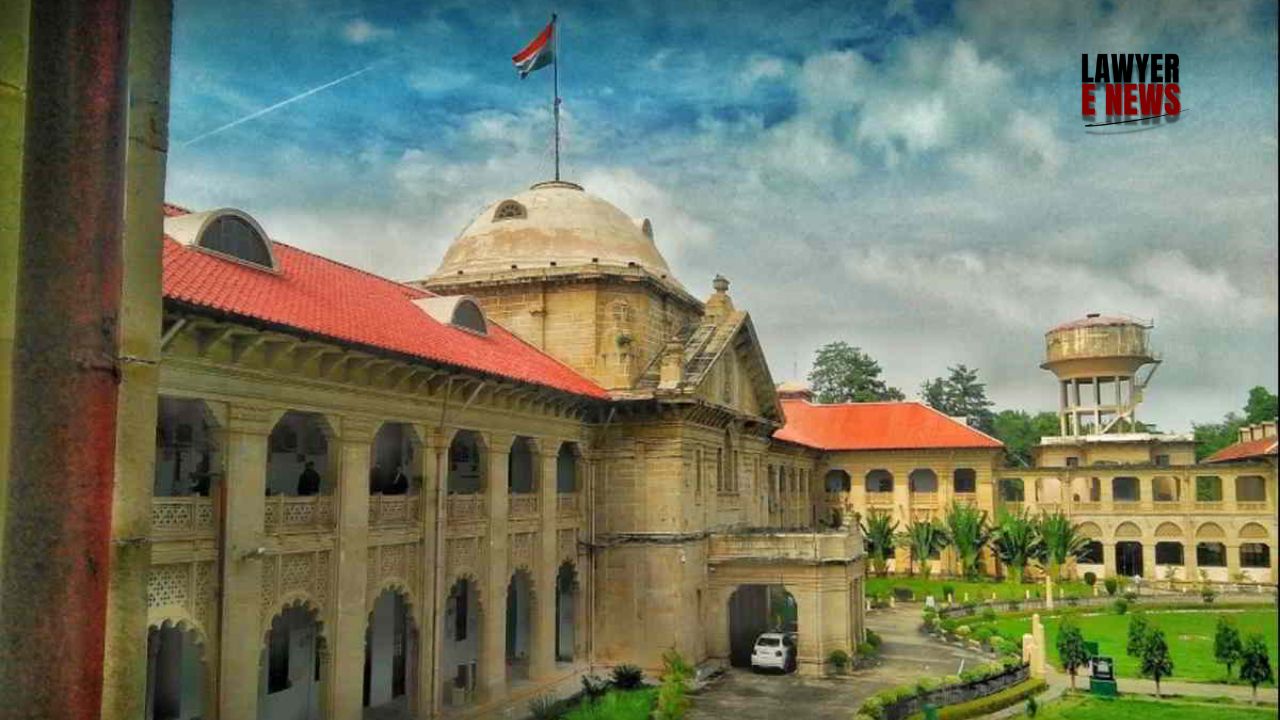-
by sayum
14 February 2026 2:22 PM



"The eligibility criteria laid down for exemption notification is required to be construed strictly," - Supreme Court ruling referenced by Allahabad High Court in rejecting the refund claim. On November 5, 2024, the Allahabad High Court dismissed a petition by Ankur Vikram Singh seeking a refund of ₹1,74,900 paid as a one-time tax (OTT) on his hybrid vehicle. The petitioner argued that his vehicle should qualify for tax exemption under the Uttar Pradesh Electric Vehicle Manufacturing and Mobility Policy, 2022, as it was registered post-policy notification. However, the court upheld that the tax exemption applied only to electric vehicles purchased on or after the policy date, October 14, 2022.
Ankur Vikram Singh purchased a hybrid vehicle on October 13, 2022, and paid a one-time tax of ₹1,74,900 under the Uttar Pradesh Motor Vehicles Taxation Act, 1997. The vehicle was registered on October 18, 2022. On March 2, 2023, the state of Uttar Pradesh issued a notification under the Electric Vehicle Policy, 2022, exempting electric vehicles purchased and registered in the state after October 14, 2022, from motor vehicle taxes.
Singh filed a petition requesting a tax refund, arguing that the vehicle registration post-dated the policy notification, qualifying him for the exemption.
The court examined the language of the notification, which stated that tax exemptions were available for electric vehicles purchased and registered in Uttar Pradesh on or after October 14, 2022.
Justice Arun Bhansali cited the Supreme Court’s decision in Star Industries v. Commissioner of Customs (Imports), Raigad (2016), emphasizing that exemption notifications must be interpreted strictly. The High Court found that the eligibility for exemption required both purchase and registration to occur after the policy date, rejecting Singh’s argument that post-policy registration alone was sufficient for a refund.
The court noted that Singh’s vehicle was purchased on October 13, 2022, a day before the policy’s effective date, and the tax was paid based on the existing legal requirements at that time. Despite the vehicle's registration occurring after the policy date, this did not alter the purchase timeline, which precluded the petitioner from claiming the exemption.
Strict Adherence to Policy Dates: The court emphasized that the policy explicitly required electric vehicle purchases and registrations to occur from October 14, 2022, onwards. Any deviation from this specified timeframe would compromise the notification’s legislative intent.
Precedent on Exemption Interpretation: By referencing the Supreme Court’s decision in Star Industries, the court affirmed that exemptions are a matter of statutory interpretation, necessitating strict adherence to outlined eligibility criteria.
Dismissal of Refund Claim: The court concluded that Singh’s purchase prior to the policy date rendered him ineligible for the exemption, thereby dismissing the petition and denying the refund request.
The Allahabad High Court’s ruling in Ankur Vikram Singh v. State of Uttar Pradesh reiterates the strict statutory interpretation of tax exemptions, especially when eligibility dates are clearly defined. This case reinforces that eligibility for tax relief under policy exemptions is contingent on full compliance with specified purchase and registration timelines.
Date of Decision: November 5, 2024
